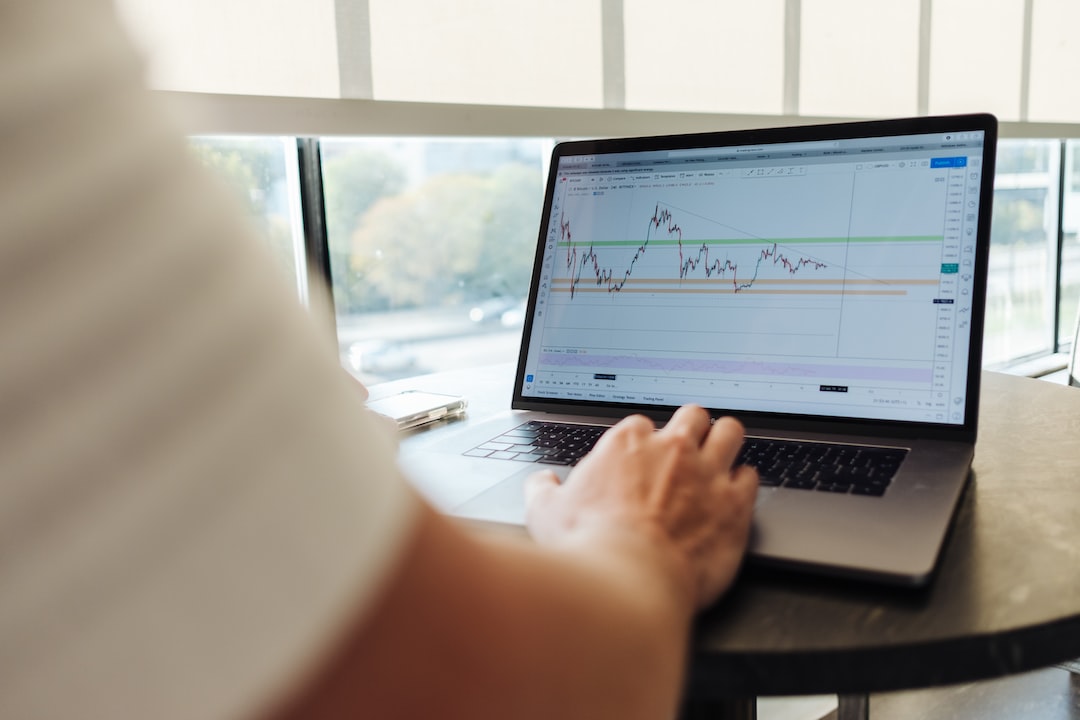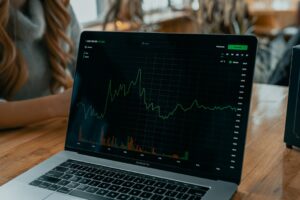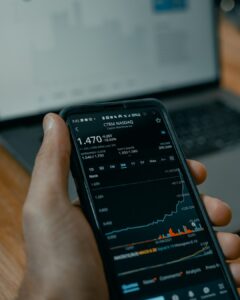The Impact of COVID-19 on Forex Trading in PNG
The COVID-19 pandemic has had a profound impact on economies around the world, and Papua New Guinea (PNG) is no exception. As a developing country heavily reliant on its natural resources, PNG has faced numerous challenges in the face of this global crisis, particularly in the forex trading sector.
Forex trading, or foreign exchange trading, involves the buying and selling of currencies in order to profit from fluctuations in their value. It is a highly volatile and fast-paced market, where even the slightest changes in global events can have significant consequences. The pandemic has brought about unprecedented uncertainty and volatility, making it an especially challenging time for forex traders in PNG.
One of the main impacts of COVID-19 on forex trading in PNG has been the disruption of global supply chains. PNG is a major exporter of commodities such as oil, gas, and minerals, and the lockdowns and travel restrictions imposed by countries around the world have severely affected its ability to export these goods. This has resulted in a decline in foreign currency inflows, leading to a depreciation of the PNG currency, the Kina, against major currencies such as the US dollar.
The depreciation of the Kina has had both positive and negative implications for forex traders in PNG. On one hand, it has created opportunities for traders to profit from the exchange rate differentials. For example, if a trader had bought US dollars when the Kina was stronger and then sold them when the Kina weakened, they would have made a profit. However, this volatility also poses significant risks, as sudden and unpredictable currency fluctuations can lead to substantial losses.
Furthermore, the pandemic has also resulted in a decline in foreign direct investment (FDI) in PNG. Many companies have put their investment plans on hold or cancelled them altogether due to the uncertainty surrounding the global economy. This has further contributed to the depreciation of the Kina, as the reduced inflow of foreign currency puts pressure on the exchange rate.
Another significant impact of COVID-19 on forex trading in PNG is the shift towards online trading. With the closure of physical trading floors and the implementation of social distancing measures, many traders have had to adapt to remote trading. This has accelerated the adoption of online trading platforms and technologies, allowing traders to continue participating in the forex market from the comfort of their homes.
While online trading has provided a lifeline for forex traders in PNG during the pandemic, it also comes with its own set of challenges. Internet connectivity and access to reliable trading platforms can be limited in some parts of the country, particularly in rural areas. This can hinder traders’ ability to execute trades effectively and in a timely manner, potentially leading to missed opportunities or losses.
In response to the challenges posed by COVID-19, forex traders in PNG have had to adjust their strategies and risk management practices. Many traders have had to be more cautious and conservative in their trading decisions, given the heightened uncertainty and volatility in the market. They have also had to closely monitor global economic and political developments, as these factors can have a significant impact on currency movements.
In conclusion, the COVID-19 pandemic has had a profound impact on forex trading in PNG. The disruption of global supply chains, the depreciation of the Kina, the decline in FDI, and the shift towards online trading have all posed significant challenges for forex traders. However, the crisis has also created opportunities for traders to profit from the volatility in the market. Moving forward, traders will need to remain vigilant and adaptable to navigate the uncertain and ever-changing landscape of forex trading in the post-pandemic era.





